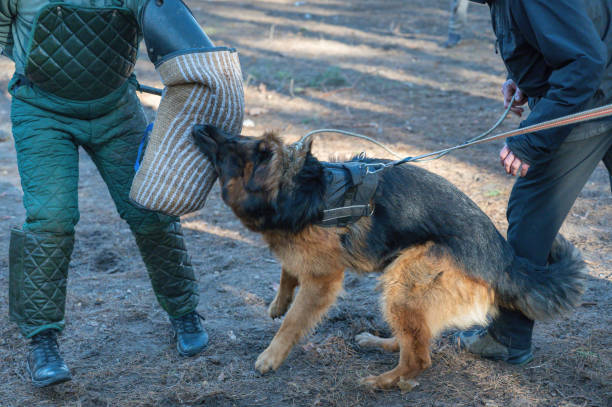The Health Risks of Smoking for Your Baby. It’s no secret that smoking is a major health risk for your baby. But what about smoking for yourself? What are the long-term health risks of smoking for both you and your baby? And, more importantly, how can you quit smoking before it’s too late?
Health Risks of Smoking for Your Baby
The health risks of smoking for your baby are numerous. Smoking can cause a number of health problems, including cancer of the lungs, bowel, and skin. Secondhand smoke can also be harmful to your baby.
Smoke from e-cigarettes can contain chemicals that can damage your respiratory system, increase your risk for heart disease and stroke, and cause other health problems. To quit smoking for your baby, you’ll need to learn about the dangers of secondhand smoke and how to stop using it in your home.
The dangers of secondhand smoke
1.Smoke from cigarettes is often contaminated with chemicals that can harm both you and your baby. This includes Acrolein, which is known to cause cancer in people who are exposed to it; other chemicals that may be harmful to you and your baby include formaldehyde and acrolein.
2.When you smoke indoors, you’re also putting yourself and your child at risk for breathing in dangerous levels of these toxins. To quit smoking for your baby, make sure to turn off all electronics when you’re not using them (including screens), avoid touching any object with nicotine residue on it (including lips or hands), and stay away from smokers who are trying to start a fire by spitting tobacco onto an open flame.
What Are the Health Advantages of Smoking for Your Child
Smoking can help protect your baby from a variety of health risks. Smokers’ health includes reducing the risk of developing cancer, pre-term birth, and other reproductive problems. In addition, smoking can help reduce the chance of developing nicotine addiction and other addictions to tobacco products.
Smokers’ Health
Smoking is also known to cause a variety of respiratory problems in young children and adults. These include bronchitis, pneumonia, laryngeal cancer, and even lung cancer. Smoking also increases the risk of developing fetal defects, including major birth defects such as cleft palate or spina bifida.
Smoking- Related Cancer
Cancer is the most common disease that smokers develop after quitting their cigarettes; however, it is still one of the leading causes of death for nonsmokers in both male and female smokers aged 15 years or older (aged 50 years or older for men, 40 years or older for women).
In fact, second only to heart disease as a cause of death in people aged 50 years or over who smoke cigars or pipe tobacco each year (19%), smoking tobacco is also responsible for 5% of all deaths from lung cancer (which kills about seven out of every 100 thousand people) and about 9% of all deaths from all other types of cancer (which kill about 20 out of every 100 thousand people).
How to Quit Smoking for Your Baby
Smoking is a health risk for your baby. If you are smoking, get help from a quit smoking counselor. This person can help you understand why smoking is harmful to your baby and how to quitsmoking for your baby.
Subsection 3.2 Get help from a doctor if you are Smoking.
If you are Smoking, get help from a doctor if you are experiencing any of the following health problems: high blood pressure, heart disease, stroke, asthma, or other respiratory illnesses.
Conclusion
Smoking can be harmful to both your baby and yourself. By quitting smoking for your baby, you can protect them from health risks and cancer. Additionally, smokers’ health can be improved by quitting. If you are struggling to quit smoking for your baby, get help from a smoke-free community or a quit smoking counselor.









